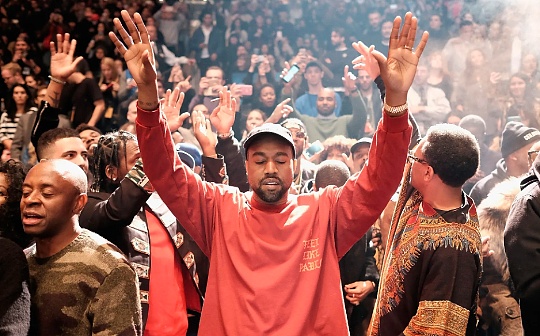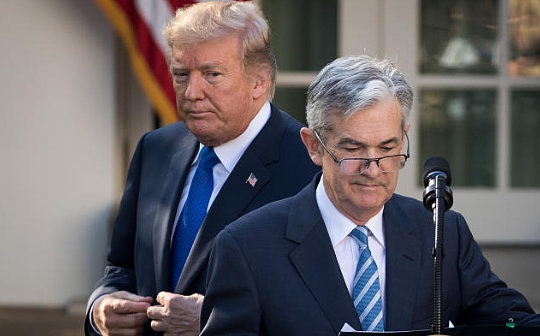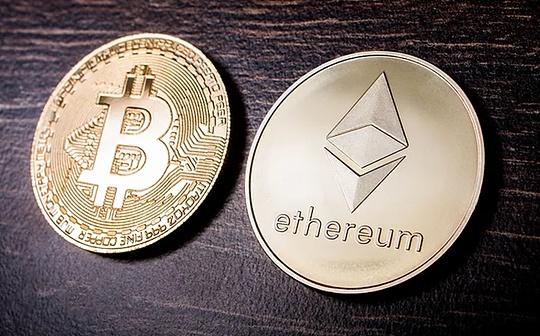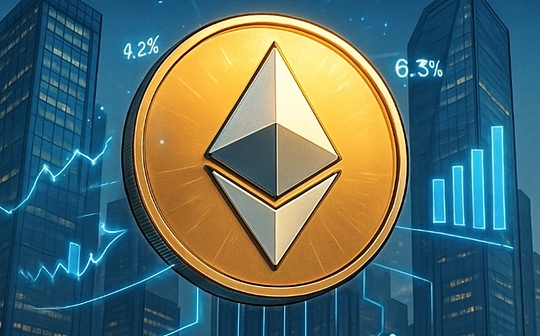
Source: Daoshuo Blockchain
On May 4, Beijing time, Buffett held the annual Berkshire Hathaway offline shareholders’ meeting with two new leaders.
Unlike previous years, this conference seems to have attracted the attention of self-media. In addition to forwarding videos from the scene online, many self-media also commented on some of Buffett’s investment cases in recent years.
Among these investment cases, what I think is more interesting is Buffett’s investment in Japanese trading companies in 2019/2020.
According to the memories of Buffett’s old partner Munger during his lifetime and the information disclosed in the market, Buffett’s investment in Japan was probably carried out in the following ways.
Buffett borrowed the yen with a US dollar certificate of deposit as collateral and borrowed yen at a market interest rate of 0.5% (there are also data online that Buffett borrowed the yen at a rate of less than 0.2%).
Buffett bought stocks of five major Japanese trading companies, namely Mitsui Products, Mitsubishi Commercial, Sumitomo Commercial, Itochu Commercial and Marubeni.
When Buffett borrows the yen, the exchange rate between the US dollar and the yen is about 1 US dollar to 110 yen.As of the time of writing, the exchange rate between the US dollar and the Japanese yen was 150 yen.
When Buffett bought stocks of five major trading companies (Mitsui, Mitsubishi, Sumitomo, Itochu, and Marubeni), their stock prices were about 1,900 yen, 1,700 yen, 900 yen, 2,200 yen, and 700 yen.As of the time of writing, the stock prices of the five major trading companies were about 7,600 yen, 3,500 yen, 4,300 yen, 7,300 yen and 2,900 US dollars.
From the perspective of returns, the stocks of the five major trading companies are denominated in Japanese yen, with a minimum increase of 2 times (Mitsubishi) and a maximum increase of nearly 5 times (Suzumo).
If Buffett chose to repay in US dollars (of course Buffett didn’t need to do this), then the money borrowed for US$1 was now only required to pay back 0.73 US dollars due to the depreciation of the yen.
There are several popular views on this typical investment case:
巴菲特收割了日本。
Buffett has a heavy position in Japan.
Buffett has no money and no profit.
It sounds like Buffett is taking advantage of the situation.
But in fact, Buffett’s operations are carried out in the open market, and there is no special or forced operation.Except for the certain threshold for lending yen with US dollar certificates of deposit as collateral, there are no thresholds for other operations, and any investor who can invest freely in the international market can do it.
Even if you lend yen with US dollar certificates of deposit as collateral, this operation can be completed by countless large institutions around the world, so this is not difficult for large institutions.
If this is also considered a harvest, many investors, especially institutional investors, can go to “harvest” Japan, but how many people have done it in real life?
It is also an exaggeration to say that Buffett has a heavy position in Japan.
According to the data published online, as of the fourth quarter of 2023, the total market value of assets held by Buffett reached US$1 trillion; the market value of the five major Japanese trading companies he holds is 2.9 trillion yen, equivalent to about US$20 billionDollar.This position is only 2% of his total position.
Can this be considered a “heavy position”?At best, it was just a small investment from Buffett.
This is like when we use 2% of the funds to buy a coin in crypto asset allocation, I’m afraid no one will think this is a heavy investment, right?
It seems that Buffett has no money to make a fortune. Judging from the results, it seems that this is the case–he used the borrowed money to invest, and the final income not only paid back more than enough, but also received generous returns.
But in my opinion, the reason why he used US dollars to mortgage the Japanese yen instead of investing directly was more to avoid the risk of exchange rate fluctuations, and he did not plan this investment without any money from the beginning.
Therefore, many of the views on the market have a sensational flavor.
I think this investment is actually a typical example of Buffett’s other value investment.
These five major trading companies in Japan have huge assets overseas, while in Japan, they control almost all areas of Japanese commercial circulation.According to Buffett’s evaluation criteria, they are undoubtedly monopolistic enterprises.
These five major trading companies distribute nearly 5% of their dividends every year, which can bring very stable cash flow to shareholders.They are like insurance companies that provide Buffett with a steady stream of cash flow to support his continued investment in.
In addition, as long as the stock prices of these five major trading companies do not continue to fall too low, a 5% dividend per year is enough to cover its annual borrowing rate of 0.5%.
So from many perspectives, Japan’s five major trading companies were very valuable and good companies back then.
Finally, what suits the old man’s appetite is that after nearly 30 years of de-bubble, the stocks of the five major trading companies no longer have much moisture, and their prices are obviously in an undervalued position.
Buying a good company at a price lower than its intrinsic value is the old man’s usual style and operation.
When I first looked at this case, I didn’t understand it very much:
The old man once emphasized on many occasions that investors should not invest heavily.
But in this case, the old man borrowed a loan. Although the amount of the loan was not large, it was completely within the controllable range of risks, I can understand.But I am still curious, what mentality and reason does the old man’s lending and investment operation come from?
后来在芒格的书中我找到了答案:
Munger smiled and said when answering an investor about Buffett’s strange investment operation, (the general idea) Buffett sometimes plays small games on a whim.
After reading this sentence, I understand: it is like investors usually invest seriously, but on weekends, they occasionally go to the casino to relax.But such investors will never regard casino games as serious investments.
But even for a game, Buffett’s investment in Japan still implements his classic operation of value investment.








